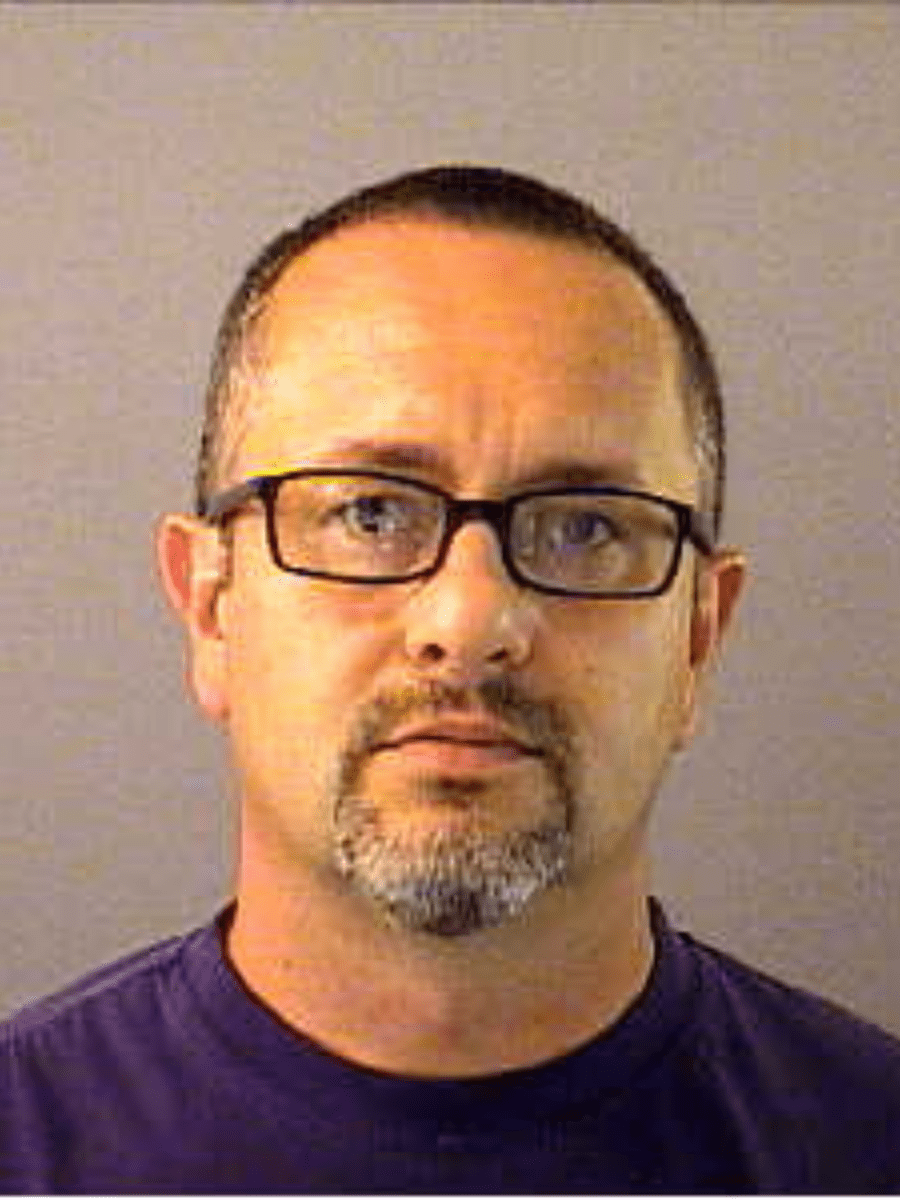Events

- This event has passed.
MICDE Seminar: Pavel Bochev, Center for Computing Research, Sandia National Laboratories
October 5, 2018 @ 3:00 pm - 4:00 pm
Venue: 1084 East Hall

Bio: Pavel Bochev is a Distinguished Member of the Technical Staff at Sandia National Laboratories in Albuquerque where he works in the Center for Computing Research. He joined Sandia in 2000 after six years of teaching and research at the University of Texas at Arlington.
Pavel’s research interests include compatible discretizations for partial differential equations, optimization and control problems, and the development of new, property preserving heterogeneous numerical methods for complex applications relevant to the mission of the US Department of Energy and the National Nuclear Security Administration.
Pavel’s thesis was awarded the SIAM Student paper prize in 1994. In 2012 he was elected a Fellow of the Society for Industrial and Applied Mathematics. Pavel is a recipient of 2014 US Department of Energy’s E. O. Lawrence Medal in the category of “Computer, information and knowledge sciences”. This award honors U.S. scientists and engineers, at mid-career, for exceptional contributions in research and development supporting the Department of Energy and its mission to advance the national, economic and energy security of the United States. In 2017 Pavel was awarded the Thomas J.R. Hughes Medal by the U.S. Association for Computational Mechanics for his contributions to the field of numerical partial differential equations.
Pavel has authored and co-authored over 100 research papers, two books and several book chapters, and has given numerous plenary and invited lectures in the US and abroad. He served two terms as Editor-in-Chief of the SIAM Journal on Numerical Analysis and is currently member of the editorial board of SINUM.
Compatible Mesh-Free Methods
Particle and mesh-free methods offer significant computational advantages in settings where quality mesh generation required for many compatible PDE discretizations may be expensive or even intractable. At the same time, the lack of underlying geometric grid structure makes it more difficult to construct mesh-free methods mirroring the discrete vector calculus properties of mesh-based compatible and mimetic discretization methods. In this talk we survey ongoing efforts at Sandia National Laboratories to develop new classes of locally and globally compatible meshfree methods that attempt to recover some of the key properties of mimetic discretization methods.
We will present two examples of recently developed “mimetic”-like meshfree methods. The first one is motivated by classical staggered discretization methods. We use the local connectivity graph of a discretization particle to define locally compatible discrete operators. In particular, the edge-to-vertex connectivity matrix of the local graph provides a topological gradient, whereas a generalized moving least-squares (GMLS) reconstruction from the edge midpoints defines a divergence operator. The second method can be viewed as a meshfree analogue of a finite volume type scheme. In this method, the metric information that would be normally provided by the mesh, such as cell volumes and face areas, is reconstructed algebraically, without a mesh. This reconstruction process effectively creates virtual cells having virtual faces and ensures a local conservation property matching that of mesh-based finite volumes. In contrast to similar recent efforts our approach does not involve a solution of a global optimization problem to find the virtual cell volumes and faces areas. Instead, we determine the necessary metric information by solving a graph Laplacian problem that can be effectively preconditioned by algebraic multigrid.
Several numerical examples will illustrate the mimetic properties of the new meshfree schemes. The talk will also review some of the ongoing work to build a modern software toolkit for mesh-free and particle discretizations that leverages Sandia’s Trillinos library and performance tools such as Kokkos.
This is a joint seminar with the Applied and Interdisciplinary Mathematics program. Dr. Bochev is being hosted by Prof. Robert Krasny (Mathematics). If you would like to meet with him, please send an email to micde-events@umich.edu